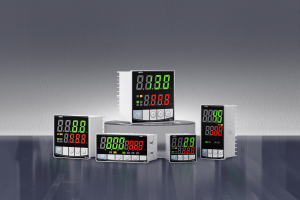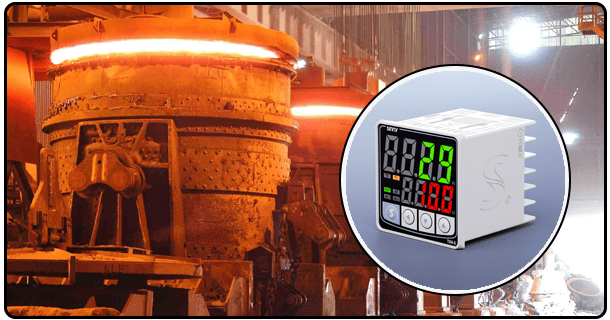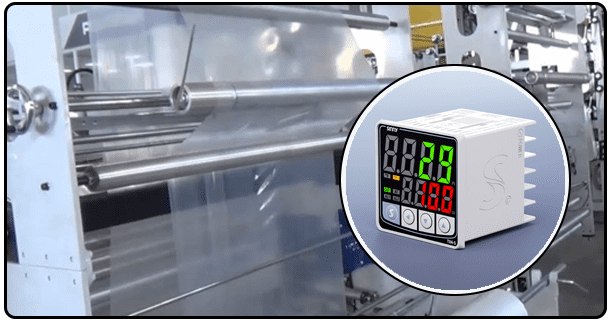How to Utilize a Temperature Controller
Learn how to use a temperature controller with our step-by-step guide. Discover the components, setup process, operation modes, and maintenance tips for optimal performance.
1. Introduction
Temperature controllers are devices used to maintain desired temperatures within specified limits, making them indispensable in applications ranging from industrial processes and laboratory experiments to household appliances and consumer goods. Understanding how best to utilize temperature controls will increase efficiency, safety and product quality.
2. Components of a Temperature Controller
Controller Unit
The controller unit serves as the engine behind any temperature management system. It processes temperature data received from sensors and makes adjustments accordingly to maintain an ideal setpoint temperature. Modern controllers frequently feature digital displays and customizable settings for ease of use.
Sensors are essential in providing precise temperature measurement.
Output Devices
Output devices, including heaters, coolers or fans may be activated by a controller in order to adjust temperature accordingly. Which output device you opt for depends upon both your application and desired temperature range.
Power Supplies
A reliable power source is key to ensure a controller and its connected devices operate as desired, matching its specifications to available resources.
3. Initial Set Up
Install the Sensor
For accurate temperature regulation, accurate sensor installation is key to accurate temperature monitoring. Make sure the sensor is placed accurately representing its controlled environment's temperature before connecting securely for no signal loss or interference issues.
Connecting a Controller Care should be taken when connecting the controller to its power source and output devices according to manufacturer instructions to prevent malfunctions and ensure safety. Proper wiring ensures smooth functioning and ensures maximum protection from malfunction.
4. Setting Up the Controller
Configure your controller so it meets your desired temperature setpoint by programming its parameters such as range temperature, mode control mode and alarm settings.
Operation Modes On/Off Control An On/Off controller offers the easiest method of temperature regulation: when its setpoint exceeds, its controller turns on or off its output device in response. This approach may be suitable for less critical applications that do not necessitate precise temperature management.
PID Control
Proportional-Integral-Derivative (PID) control offers more precise temperature regulation. By continuously adjusting output based on differences between setpoint and actual temperatures, PID control minimizes fluctuations and is perfect for applications requiring high accuracy.
Setting Alarms and Safety Limits
Alarms and safety limits can play an essential part in protecting against damage or hazards, serving to alert when temperatures deviate significantly from their target points and can shut down systems if extreme temperature variations arise. To set these protection measures successfully.
5. Maintain and Troubleshoot
Regular Checks and Calibration Routine maintenance ensures a temperature controller runs efficiently, so periodically inspect and calibrate its sensors and controller to maintain accuracy based on manufacturer guidelines for calibration procedures.
6. Common Problems and Solutions
Temperature controller issues typically involve sensor malfunction, wiring issues and incorrect settings. You can remedy these by checking connections, verifying settings and replacing defective components as necessary.
- How to Adjust Temperature Controller Settings in Home TechRepublic
- How to PID Temperature Controller: A Comprehensive Guide























